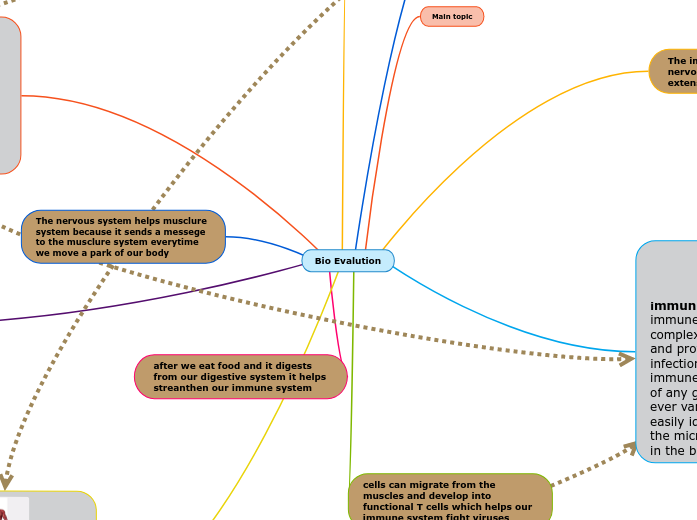door Cheema Gurman 4 jaren geleden
292
Bio Evalution

door Cheema Gurman 4 jaren geleden
292

Meer zoals dit
jjj
anemia is effected Severe anemia can cause low oxygen levels in vital organs such as the heart, and can lead to heart failure.
Melanoma can spread to parts of your body far away from where the cancer started. This is called advanced it can spread to lungs, liver, brain, bones, digestive system, and lymph nodes